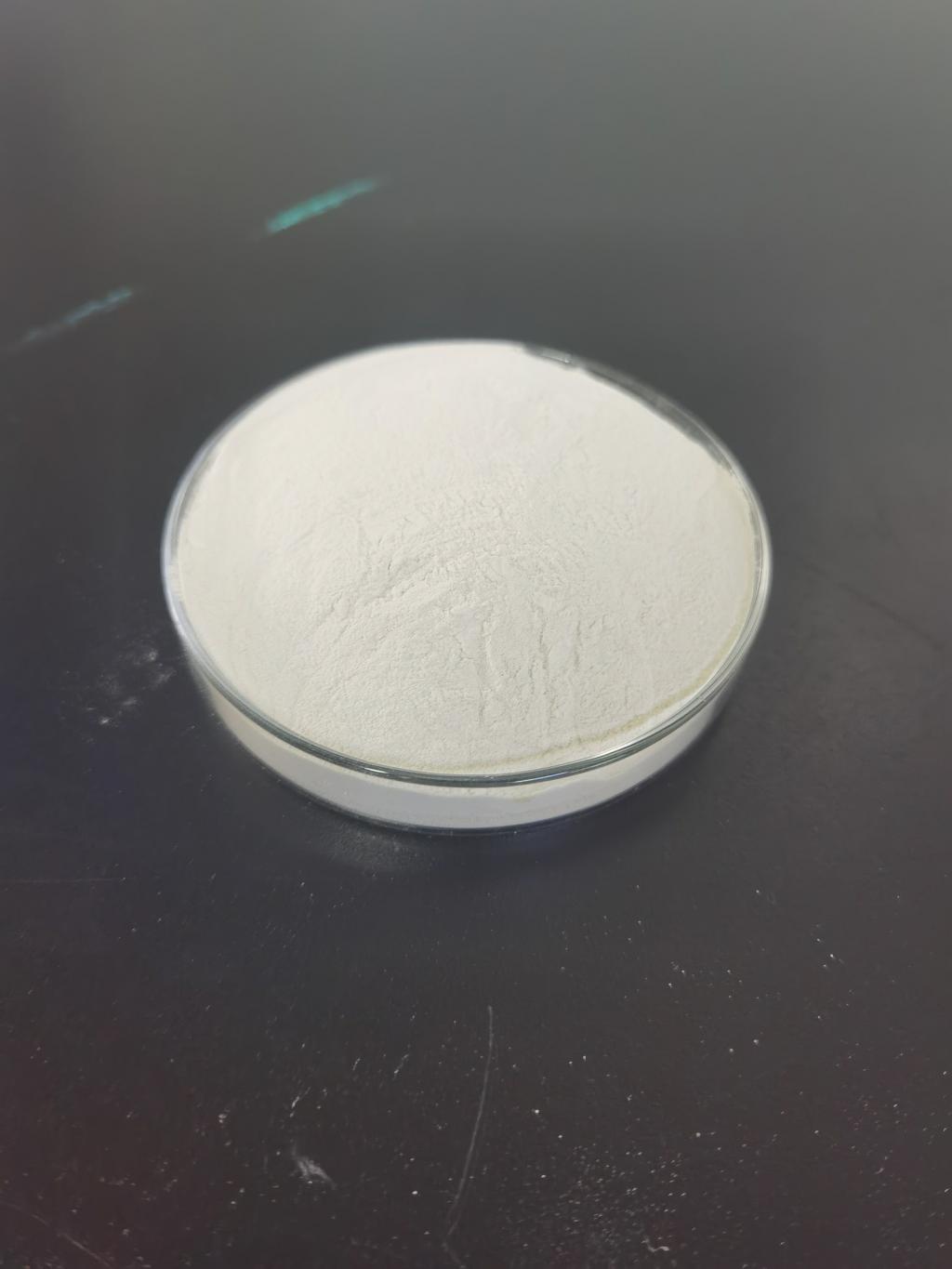Tel:+8618231198596

News
 CONTACT
CONTACT
 CONTACT
CONTACT
- Linkman:Linda Yao
- Tel: +8618231198596
- Email:linda.yao@dcpharma.cn
- Linkman:CHARLES.WANG
- Department:Overseas
- Tel: 0086 0311-85537378 0086 0311-85539701
News
Current Position:
Home >
News
>Nisin's potential in protecting food against spoilage during transportation.
Nisin's potential in protecting food against spoilage during transportation.
TIME:2024-12-05
The Role of Nisin in Food Preservation
Nisin is a bacteriocin, a type of protein produced by the bacterium Lactococcus lactis. It has long been used in the food industry, particularly in dairy products, as a preservative due to its ability to inhibit the growth of harmful bacteria, especially those responsible for spoilage and foodborne illnesses. Nisin works by disrupting the cell membranes of bacteria, thereby preventing their reproduction and survival.
The peptide is effective against a wide range of microorganisms, including Gram-positive bacteria such as Listeria monocytogenes, Staphylococcus aureus, and Clostridium botulinum, all of which are common culprits in food spoilage. Its ability to act selectively against these harmful bacteria while leaving beneficial microorganisms unaffected makes it an ideal candidate for enhancing food safety.
Nisin’s Benefits in Transportation
During transportation, food products are exposed to various environmental factors such as temperature fluctuations, humidity, and the risk of contamination from external sources. Nisin can help mitigate these risks by providing a protective barrier against microbial growth, ensuring that the food remains safe and fresh until it reaches its destination.
Extended Shelf Life: One of the primary advantages of nisin is its ability to extend the shelf life of perishable food products. By inhibiting the growth of spoilage bacteria, nisin helps maintain the quality of food products, even during long transport periods, reducing the likelihood of spoilage due to bacterial contamination.
Reduction of Refrigeration Dependency: While refrigeration is a common method for preventing spoilage during transportation, it is not always practical, especially in regions with unreliable cold chains. Nisin’s antimicrobial properties can reduce the need for strict refrigeration, allowing food to be transported under less stringent temperature conditions, which can be particularly beneficial for markets with limited refrigeration infrastructure.
Improved Food Safety: Nisin plays a crucial role in reducing the risk of foodborne illnesses caused by pathogenic bacteria. In regions where transportation conditions may not guarantee proper hygiene and storage, nisin acts as an added layer of protection, ensuring that food products are safe for consumption upon arrival.
Natural and Safe Preservation: As consumers become more aware of the potential health risks associated with synthetic chemicals, there is a growing demand for natural preservatives. Nisin, being a naturally occurring peptide, fits into this trend, offering a safer alternative to artificial preservatives. Its GRAS (Generally Recognized As Safe) status in many regions further enhances its appeal.
Applications in Different Food Categories
Nisin can be used in a variety of food products, from dairy and meat to plant-based alternatives, to protect against spoilage during transportation. In dairy products, such as milk, cheese, and yogurt, nisin helps inhibit the growth of pathogens like Listeria and Salmonella, which can thrive in these environments. In meat products, it prevents the growth of bacteria responsible for spoilage and foodborne diseases, such as Clostridium and Staphylococcus.
Moreover, nisin can be applied to ready-to-eat foods like salads, sandwiches, and ready meals, ensuring they stay fresh during transit, especially when temperature control is limited. Its potential in plant-based products, like vegan cheese or plant-based protein foods, is also gaining recognition due to its ability to preserve product integrity without compromising taste or texture.
Challenges and Future Directions
While nisin shows great promise, its use in food transportation is not without challenges. The efficacy of nisin can be influenced by factors such as pH, temperature, and the composition of the food product. In some cases, its antimicrobial action may be reduced if the food environment is not ideal for its activity. Additionally, consumer acceptance of nisin in food products may vary, as some consumers are wary of any additives, even natural ones.
Ongoing research is exploring ways to enhance the stability and effectiveness of nisin in different food systems, including the development of new delivery methods such as nisin-encapsulated nanoparticles or incorporation into edible coatings. These innovations could further improve its ability to protect food during transportation and expand its applications across a broader range of food categories.
Conclusion
Nisin holds significant potential as a natural preservative in protecting food against spoilage during transportation. Its ability to inhibit the growth of spoilage and pathogenic bacteria, extend shelf life, and reduce the need for refrigeration makes it an attractive option for the food industry. As the demand for natural and sustainable food preservation methods continues to grow, nisin's role in ensuring the safety and quality of food during transit is poised to become increasingly important. With further advancements in its application and formulation, nisin may become a key player in the global food supply chain, offering a safer, more sustainable solution for food transportation challenges.
- Tel:+8618231198596
- Whatsapp:18231198596
- Chat With Skype







